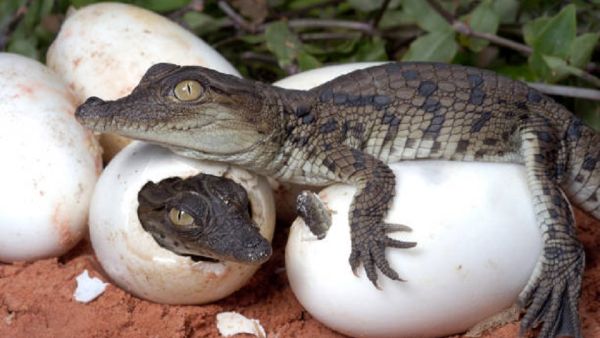ALBAWABA - Scientists are in awe after discovering a rare case of parthenogenesis, or virgin birth, in crocodiles.
Instead of requiring fertilization by a male, parthenogenesis enables females to reproduce offspring without genetic contribution from a male partner. While this phenomenon is relatively common in certain species of reptiles, such as lizards, it has rarely been observed in crocodiles.
Such as the female crocodile, housed in a wildlife park in Thailand, laid a clutch of eggs that all hatched into healthy hatchlings. Genetic testing confirmed that the offspring had no paternal genetic material, indicating that the female reproduced asexually.
This groundbreaking discovery has prompted scientists to delve deeper into the mechanisms of parthenogenesis in crocodiles and explore its potential implications for conservation efforts and species survival. It opens up new avenues of research and raises questions about the evolutionary significance and prevalence of this reproductive strategy in crocodilian species.
As researchers continue to study this extraordinary case, the world eagerly awaits further insights into the fascinating phenomenon of parthenogenesis in crocodiles and its potential implications for our understanding of reproductive biology.






